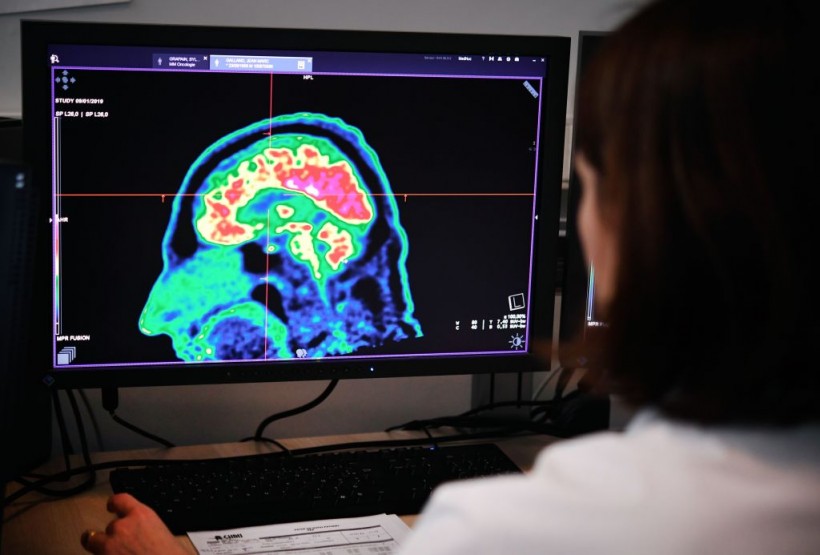Neuralink reported a problem with its first brain chip implant only a few weeks after the surgery was done.
The company explained that threads have started to retract from the brain, resulting in decreased effective electrodes.

Read Also: Neuralink Co-Founder Might've Left Due to Safety Concerns Over Chip Implantation
Neuralink Experience Retraction on Connective Threads
In a blog post, the company shared that a number of connective threads have retracted. Neuralink did not give a specific number but it was enough to significantly affect the data speed and effectiveness of the chip.
Despite the issue, the company assured that their team modified the recording algorithm to help improve the process between the signals. In addition, the increased sensitivity would enhance the user interface.
"These refinements produced a rapid and sustained improvement in BPS, that has now superseded Noland's initial performance," Neuralink assured.
Neuralink began testing its brain chip implant with Noland Arbaugh, who became quadriplegic due to a diving accident in 2016. The surgery was conducted in January under the Precise Robotically Implanted Brain-Computer Interface (PRIME) study.
Neuralink Continues Work to Extend Help
The company has been sharing impressive progress with Arbaugh after the surgery. Neuralink claimed that the patient moved a mouse cursor. Arbaugh also played chess and video game using only his thoughts.
Neuralink initiated its first-in-human clinical trial recruitment last September. The PRIME study received authorization from the reviewing independent institutional board.
According to the post, people who suffered from quadriplegia due to cervical spinal cord injury and amyotrophic lateral sclerosis could apply for the trial. Arbaugh was the first human subject of the company.
"I think it should give a lot of people a lot of hope for what this thing can do for them, first and foremost their gaming experience, but then that'll translate into so much more and I think that's awesome," Arbaugh shared.
Neuralink has plans to extend its work on robotic arms, wheelchairs, and other technologies that could help quadriplegia patients gain independence.
Related Article: First Neuralink Brain Patient Plays Civilization 6 All Night










